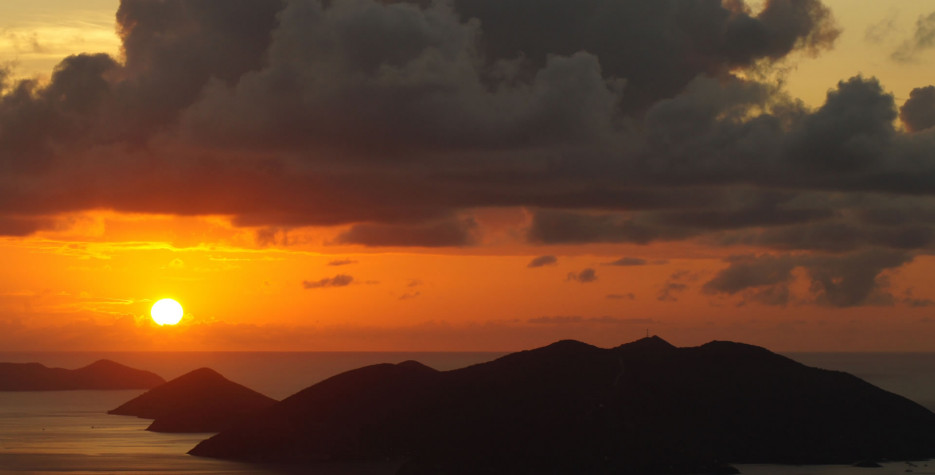When is Virgin Islands Day?
Virgin Islands Day is a public holiday in the British Virgin Islands on July 1st. The date of the observed holiday may differ to create a long weekend. Until 2021, this holiday was known as Territory Day.
History of Virgin Islands Day
The first European to see the islands was Christopher Columbus in 1493, on his second voyage. He named the islands after the story of St. Ursula and the Virgins. The British Virgin Islands (BVI) has been under British control since 1672.
Did you know?
Between 1685 and 1690, the population of the territory was two - a Mr Jonathan Turner and his wife.
In 1871, BVI became part of the Federation of Leeward Islands along with other British colonies in the northeastern Caribbean Sea.
This holiday originated in 1956 when the federation was dissolved and the Colony of the Virgin Islands came into existence. The holiday was then known as Colony Day.
By the late 1960s, the larger colonies in the region were moving towards independence and official records began to refer to the Virgin Islands as a territory rather than a colony. In 1978, the Public Holiday Act was amended replacing Colony Day with Territory Day.
Following the advice of the BVI Public Holidays Review Committee, Cabinet decided on December 2nd 2020 that Territory Day would be replaced by Virgin Islands Day.
In a statement marking the first Virgin Islands Day, Natalio D. Wheatley, Minister for Education, Culture, Youth Affairs, Fisheries and Agriculture, said: "The shift from “Territory Day” to now “Virgin Islands Day” reflects a renewed sense of national consciousness and represents an effort to assert our unique identity as Virgin Islanders. It is a recognition that as Virgin Islanders that are a part of the Caribbean family, we have a distinct and separate culture and history that have shaped us to who we are today."


